廣告 ADS
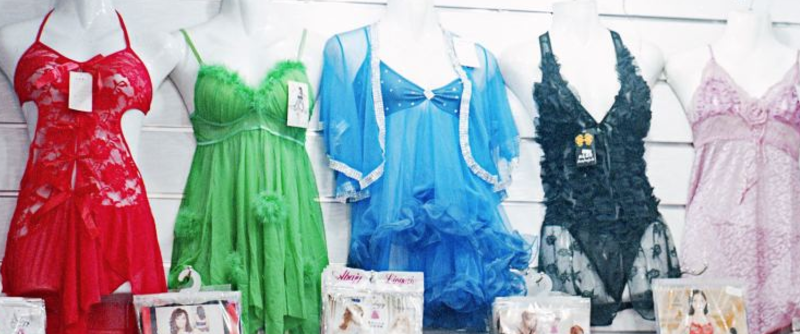
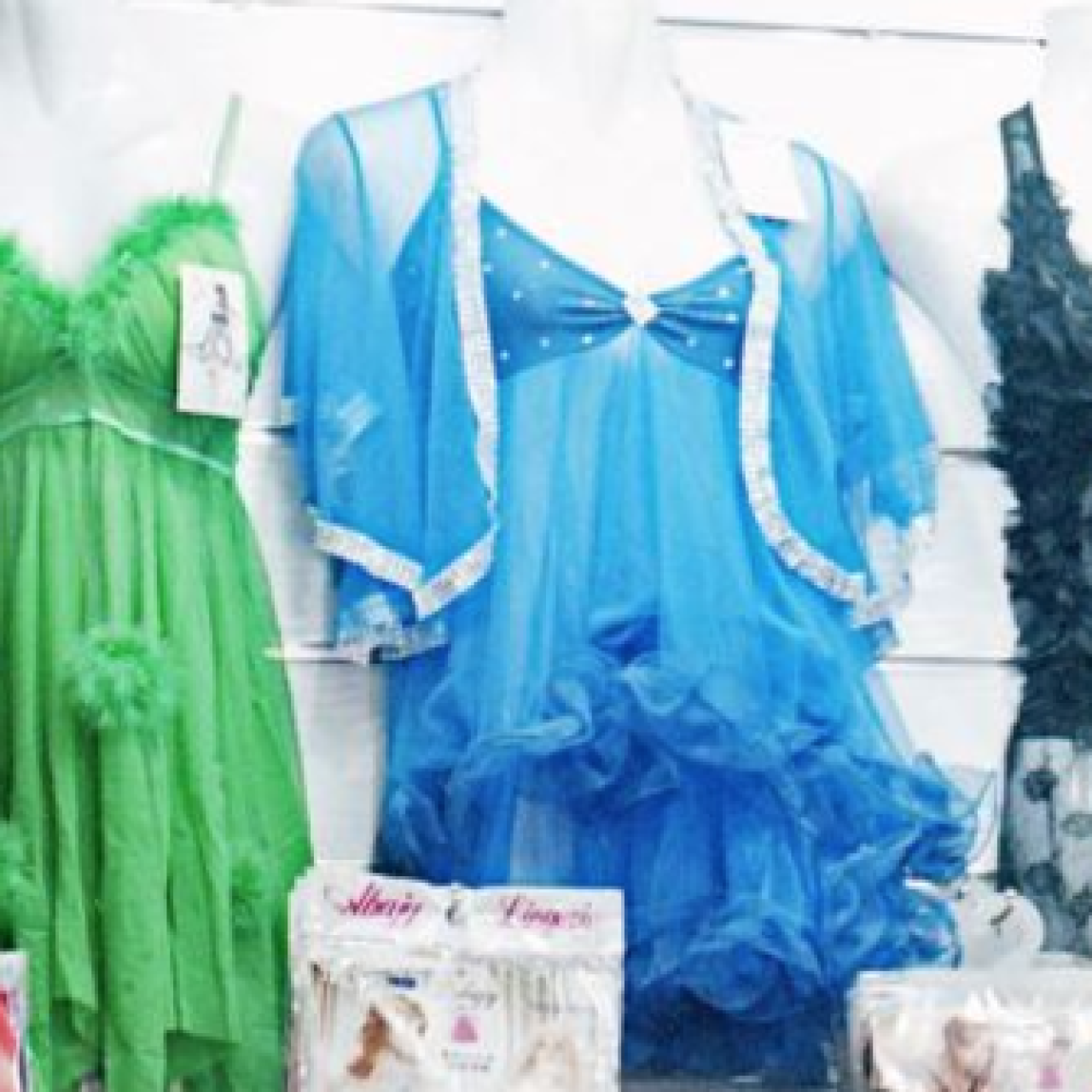
A Lingerie Dialect
In the city of Asyut, in the heart of Upper Egypt, Chinese migrants sell racy lingerie to locals and have a unique contribution to both the area's sustainability as well as gender ecology.
-------
from “Learning to Speak Lingerie” by Peter HESSLER, The New Yorker
A Lingerie Dialect
They spoke almost no Arabic or English. They did not have a Chinese- Arabic dictionary, phrasebook, or language textbook-in fact, I've never met a lingerie dealer who owns any of these things. Up speech patterns from female customers. I've come to think of it as the lingerie dialect, and there's something disarming about these Chinese men speaking in the feminine voice.
Retail as Resistance
The shops often employ young local women as assistants, who in many cases can barely communicate with their bosses. Nevertheless, these women tend to be fiercely loyal to the Chinese. In Upper Egypt, it’s unusual for a woman to work, and a few of the assistants seem to be engaged in acts of rebellion. At China Star, Kiki and John are currently assisted by an eighteen-year-old named Rahma Medhat, who wears the head scarf but also has tattoos on both hands, including one of a skull and crossbones. She had this done at a Coptic church. In Egypt, Christians traditionally have a cross tattooed onto their right hand or wrist, and the church is often the only place in town with a tattoo gun. For a Muslim, it makes the act of getting a tattoo even more outrageous—Rahma told me, with evident satisfaction, that her parents had been furious. They had also opposed her working in the lingerie shop, where she had replaced another young woman who had had family problems of her own.
A Synthetic Tautology
I saw that it was just lying around, so I would recycle it and make money,' Lin told me. He and his wife had no experience in the industry, but in 2007 they established the first plastic-bottle recycling facility In the Upper Egypt. Their plant is in a small industrial zone in the desert West of Asyut, where it original incorporated thirty people and grinds up about four tons of plastic every day. Lin and Chen sell the processed material to Chinese people in Cairo, who use it To manufacture the thread to the operating in the Egyptian garment industry, including a number of Chinese. It's possible that a bottle tossed onto the side of the road in Asyut will pass through three stages of Chinese processing before returning to town in the form of lingerie also to be sold by Chinese.



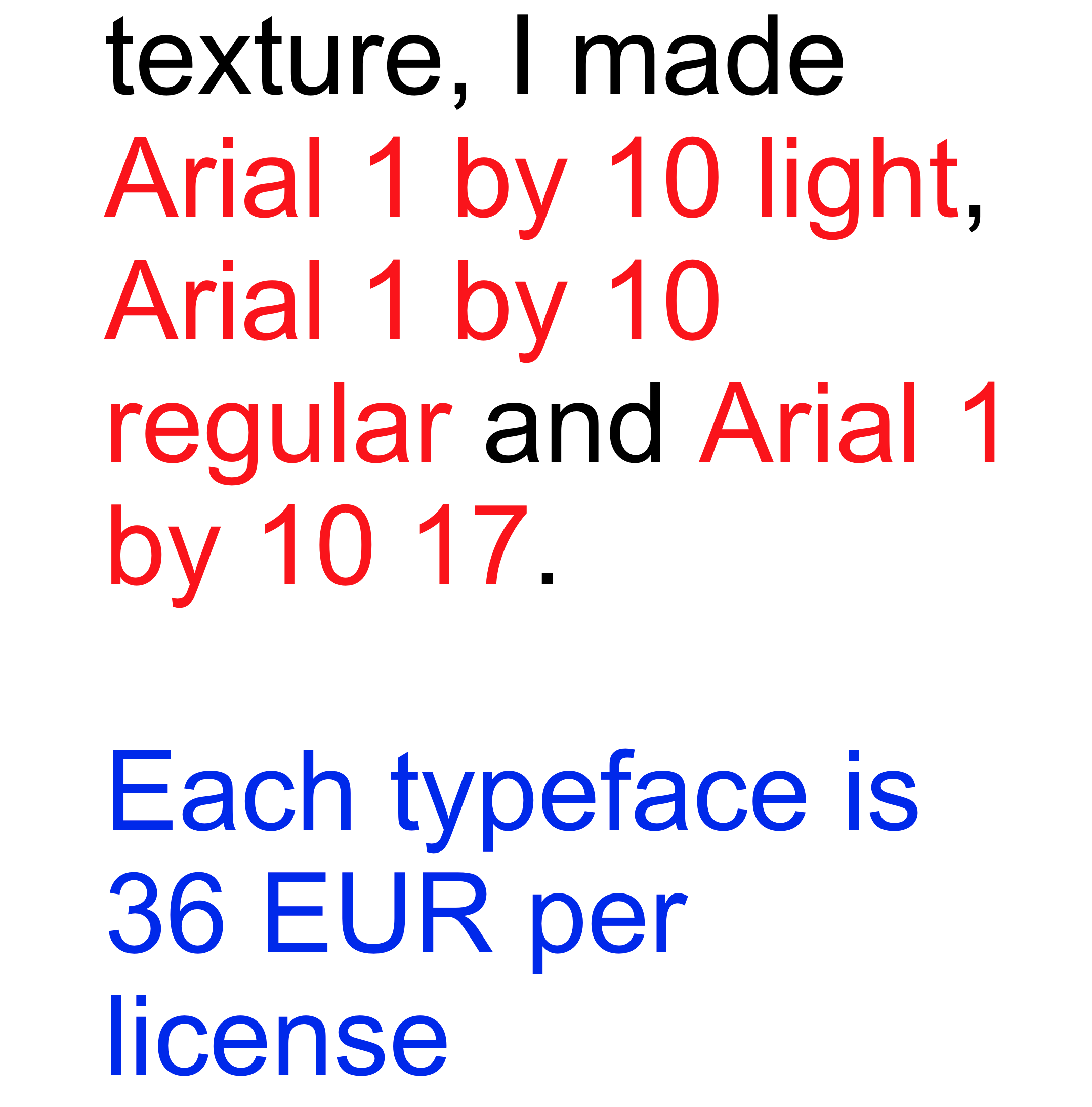
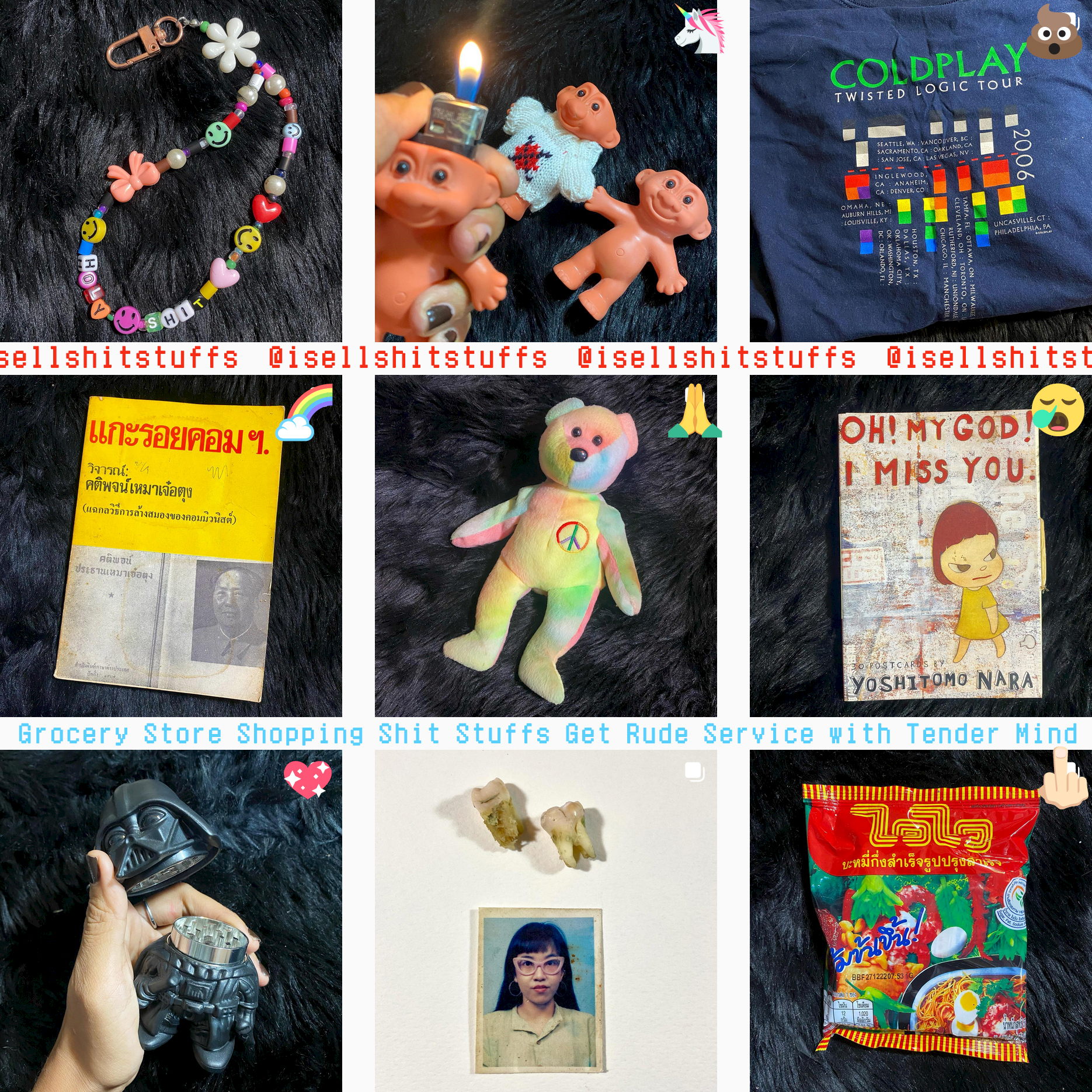
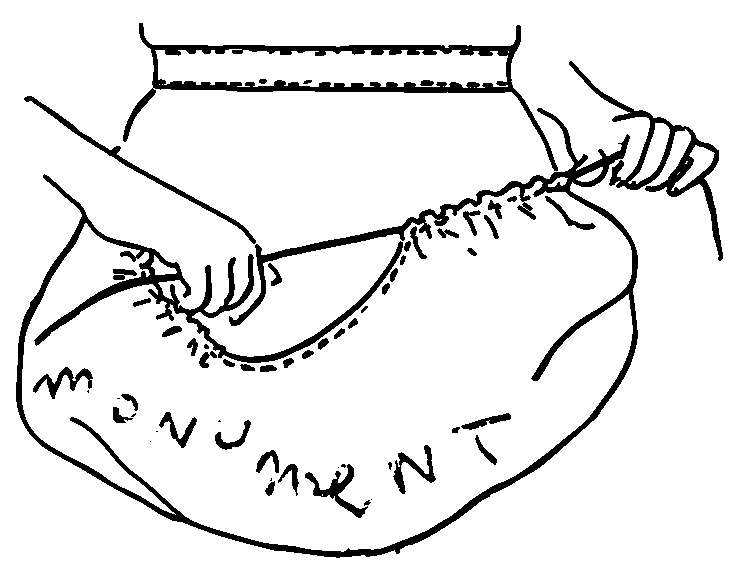
評價 Reviews
Your e-mail address will not be published
* 必填 Required fields